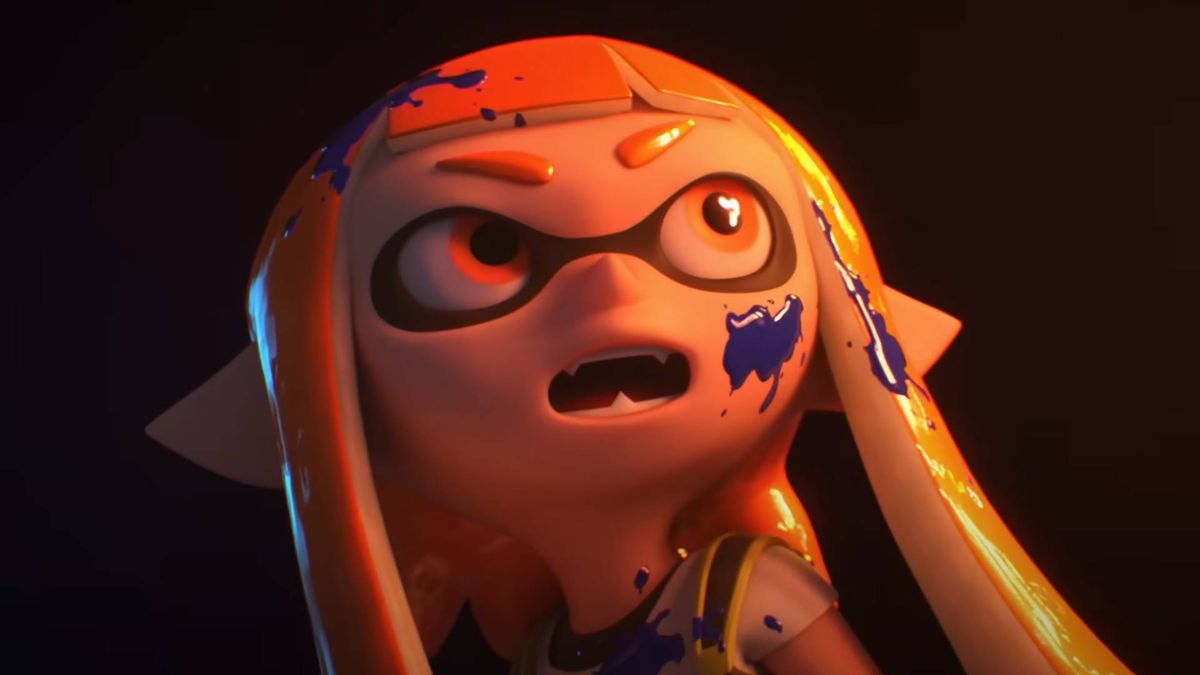Masahiro Sakurai, the legendary Nintendo developer who created the Kirby and Super Smash Bros. series, has a few words of wisdom for other AAA developers.
On the latest episode of the YouTube series ‘Masahiro Sakurai on Creating Games’, Sakurai navigates the issue of post-release video game updates and the often-sad state of AAA titles at launch generally. Essentially, he says patches and DLC are good because they improve games, but also reckons it’d be better if developers would ensure their projects are as bug-free as possible before launch.
Still, he gives a rundown of the many headwinds developers face when making and releasing games, which pose a challenge that’s unique to modern titles due to their complexity.
“Whenever possible, it’s ideal that your game is in perfect shape by the time it releases,” Sakurai says. “But to do that, you need to already know what the finished game will be and how to make it happen. That’s all but impossible with modern titles.”
Sakurai then delineates four central problems facing modern AAA games specifically that make it really, really hard for developers to simply launch their titles and then move on because they’re perfect. The first problem is that “modern games are too complex,” to the point that “getting things to work correctly is a miracle in itself.”
“Games these days – especially AAA games – have extremely complicated structures and setups. It’s no exaggeration to say they’re a hundred, a thousand, or even ten thousand times more complex than the past,” Sakurai says. “That immense amount of data creates instability you wouldn’t expect from pure ones and zeroes.”
The second roadblock to launch-state perfection is the fact that developers get “almost no hands-on time with the final product” before it launches because there are so many bug and balancing fixes to implement, which all require a fresh restart of the game. Then there’s the matter of looking for bugs that only “one in a thousand will see,” making it nigh-impossible for devs to catch every single bug before their game is released to the millions.
“But nowadays, that one person in a thousand can upload a video of the bug to the internet,” Sakurai says. “No matter how many testers you get, once your game hits the market, it’ll be put through its paces to an incomparable degree.”
Finally, Sakurai points out that, at least in the case of balance tweaks and quality of life improvements, these post-release patches are “a free bonus.” He acknowledges that “fatal bugs that cause a game to crash should be fixed, by all means,” but notes that smaller updates that simply improve a game that’s already acceptable should be appreciated for what they are. “And that’s that,” he says.
“Things may be different for games-as-a-service titles, but I’m personally grateful that people choose to invest time and money into improving released games,” Sakurai says. “From a player’s perspective, though, no matter how much you improve your games through patches, it won’t mean anything if your players have already given up on the game. So in my view, you should strive to make sure it’s in the best condition possible from the very start.”
Sakurai does a good job as a AAA developer himself providing insights that help players understand the complexity of modern game development, while also subtly acknowledging the often sorry state of massive releases at launch. It’s safe to say first-party Nintendo games in general are more polished at launch, and it’s wisdom like this from one of its foremost designers that helps explain why that’s the case.
It’s never a bad time to peruse our list of the best Switch games.








:max_bytes(150000):strip_icc()/roundup-writereditor-loved-deals-tout-f5de51f85de145b2b1eb99cdb7b6cb84.jpg)


